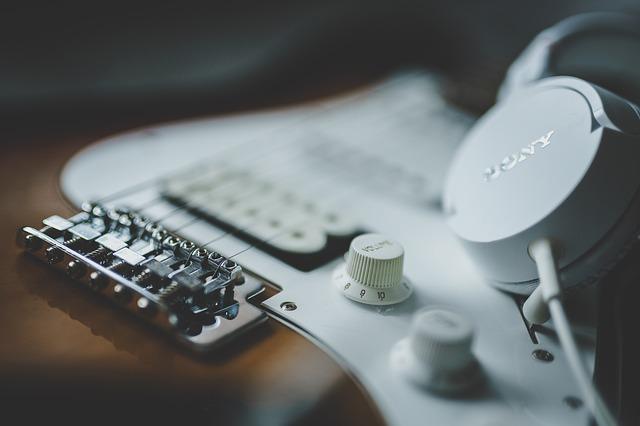An effective intellectual property protection regime is essential for the functioning of the music industry. For the artistic side, copyright protection is essential for artists and labels. Copyright protects lyrics, melodies, arrangements, recordings, performances, and so on. Music performers are aptly called “artists”, and copyright protects “works of art”.
Trademarks are also important. While copyright protects the artistic side of things, a trademark protects the commercial side of that art. In the context of bands and artists, this could be the band’s (or artist’s) name or logo, the name of its album(s) or even the title of a song. These are typically not protected by copyright (apart from perhaps the logo), and more importantly, a band’s or artist’s name can be a highly valuable asset. Taylor Swift has even registered some of her lyrics as trademarks for a variety of products. Gene Simmons of Kiss has said that if he could, he would trademark the air you breathe.
Two common scenarios
Trademark issues often come up in two particular scenarios in the music industry: A break up of the band (or change in its composition) and merchandise.
If a band breaks up or a key member leaves, it can leave open the question of who can continue using the band’s name and whether individual members are allowed to register or use the name. Can there be The Doors without Jim Morrison or Lynyrd Skynyrd without Ronnie Van Zant?
In most other industries, trademark ownership is not a thorny issue. Trademarks are typically owned by the companies that make or sell the product or service in question. Bands, on the other hand, take various legal forms, and their compositions often change dramatically over time. Therefore, a typical trademark dispute for bands centers around the issue of who owns the band’s name and/or logo.
It is essential that there is an agreement covering the use of the band’s name, logo and other trademarks and that the trademarks are owned by the right entities. For example, most of Guns N’ Roses’ trademarks are owned by the Guns N’ Roses partnership, but there are also some registrations owned by Axl Rose himself.
Another aspect of trademarks in the music industry is merchandise sales. The move from album sales to streaming services has greatly reduced the amount of royalties bands get for their music, and merch sale is becoming more and more important as a source of revenue for bands and artists. The British band While She Sleeps sells a T-Shirt that says “One t-shirt is the equivalent to 5000 streams on Spotify. 76% of all music in 2019 is streamed and not bought physically or digitally. Band merchandise is the most direct way of supporting an artist.”
Online shopping and e-commerce are bringing band merchandise available to levels never seen before, so the possibilities of getting extra revenue from merchandise is better than ever. This is also something that bands must take into account when protecting their trademarks. They should protect their trademarks in order to make sure they can continue selling and manufacturing their products and to take action against counterfeit products where necessary. Counterfeit merchandise is a big problem in the music industry.
What should a band protect as a trademark?
A band should protect at least its name and logo. These are the most important ones. In some circumstances, it would make sense to also register album names, provided that they are sufficiently distinctive for registration. But especially for less established bands, the name and logo are the most important ones.
What classes (goods and services) should be protected?
Circumstances may differ, but here are some common categories to consider:
Class 9 – Downloadable music
Class 16 – Posters, books, stickers and other printed products
Class 18 – Bags and leather products
Class 25 – Clothing and apparel
Class 26 – Accessories for clothing
Class 35 – Retail of music and merchandise
Class 41 – Entertainment, live concerts, events, publishing, providing non-downloadable digital music on the internet
Conclusion
Trademarks are highly important assets in the music industry. It is recommendable that bands already decide before their commercial success who owns the rights to the band’s name and logo and register them as trademarks for relevant goods and services in relevant countries.

